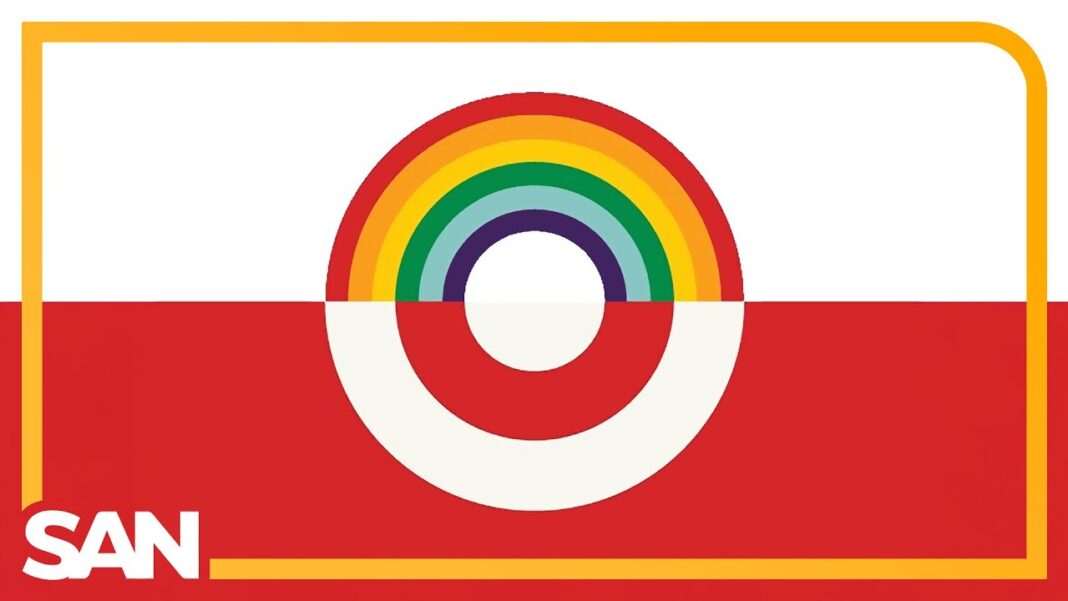
TikTok has said the Chinese regime will not allow its sale.
A three-judge panel on Dec. 6 rejected TikTok, ByteDance, and a group of TikTok users’ challenge of a law that requires the app to cut ties with the Chinese communist regime in order to continue operating in the United States.
TikTok now faces a Jan. 19, 2025, ban, unless President Joe Biden issues a 90-day extension, as the company has argued that the Chinese regime will not allow its sale to a foreign company. It’s the result of the Protecting Americans from Foreign Adversary Controlled Applications Act (PAFACA) that Biden signed in April, which prohibits apps owned by foreign adversaries from operating in the United States.
The appeal was argued before the U.S. Court of Appeals for the District of Columbia Circuit Chief Judge Sri Srinivasan, Circuit Judge Neomi Rao, and Senior Circuit Judge Douglas Ginsburg.
First Amendment rights to free expression.
The U.S. government argued that the law does not target content, only the ownership of the app under national security statutes.
“The Act satisfies strict scrutiny,” reads the opinion, written for the panel by Ginsburg. “We emphasize from the outset that our conclusion here is fact-bound.
“The multi-year efforts of both political branches to investigate the national security risks posed by the TikTok platform, and to consider potential remedies proposed by TikTok, weigh heavily in favor of the Act.”
TikTok signaled it would appeal the decision to the U.S. Supreme Court, though it’s unclear that the high court would accept an emergency petition before the Jan. 19, 2025, deadline.
“The Supreme Court has an established historical record of protecting Americans’ right to free speech, and we expect they will do just that on this important constitutional issue,” TikTok stated.
National Security Threat
The judges were persuaded that the Chinese communist regime presented a national security threat, citing high-profile cases of Chinese state-backed cyberattack and cyberespionage campaigns.
The government’s concern with TikTok began in 2018, and from 2019 onward, it held dozens of working meetings with TikTok and its parent company, ByteDance, to try to find a resolution short of divestment.





